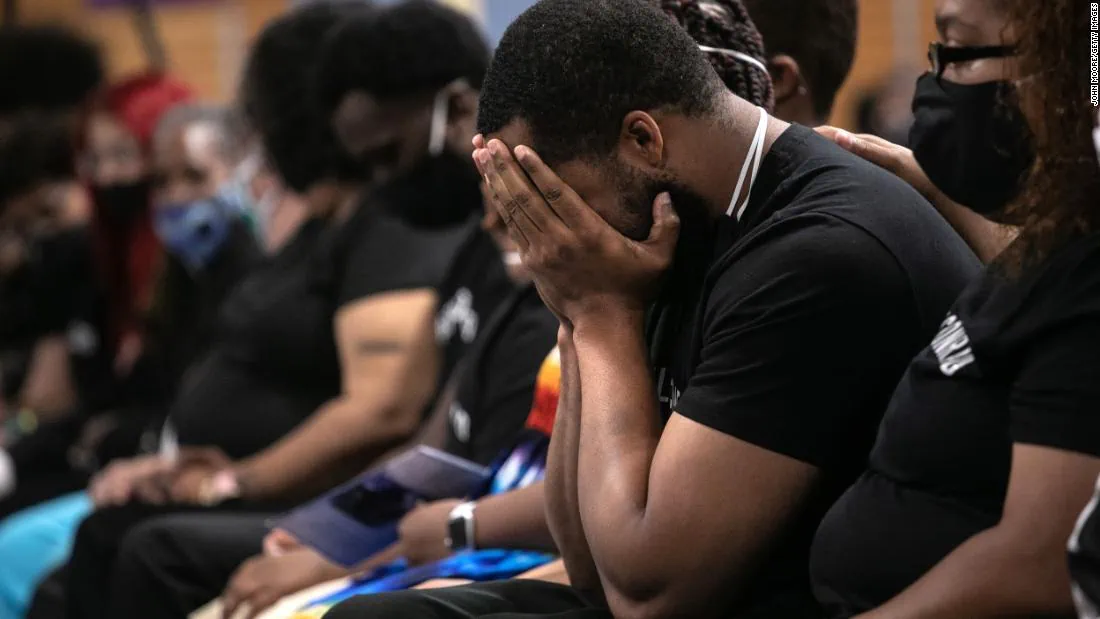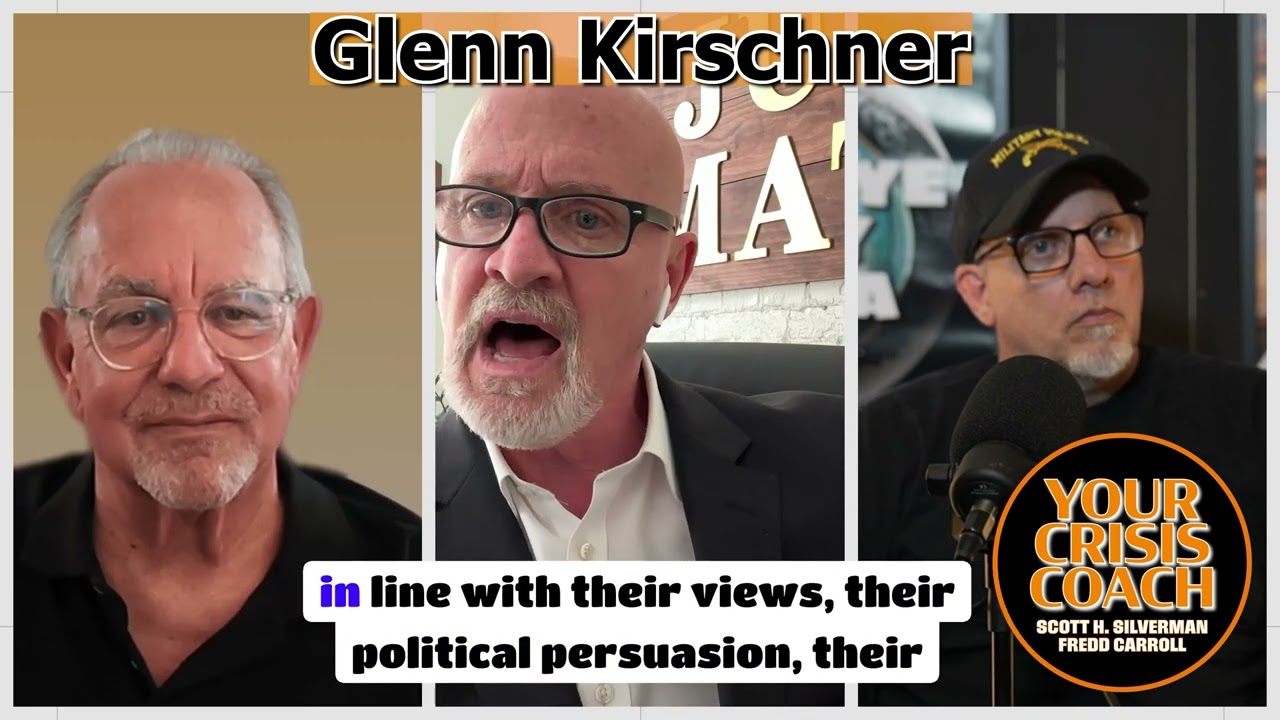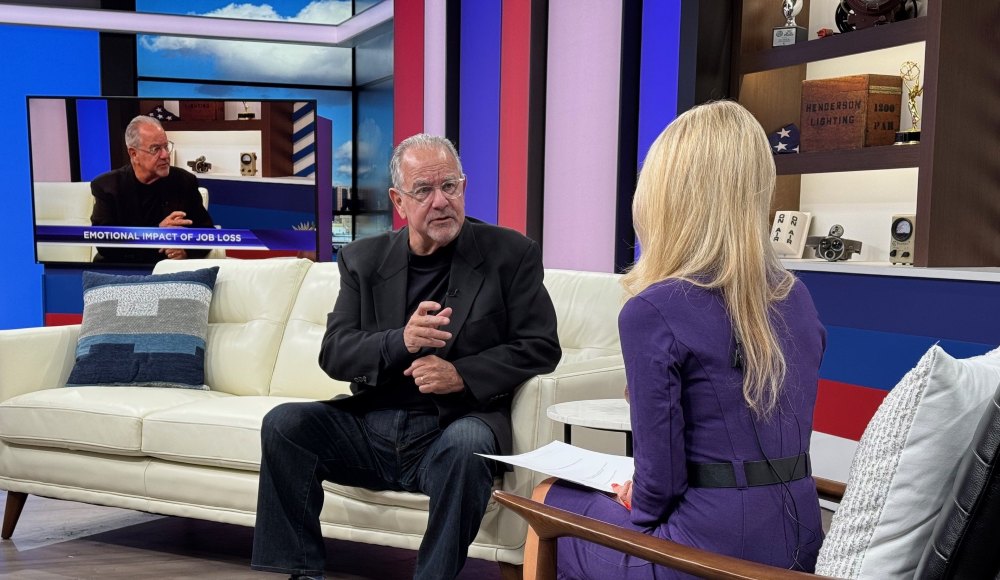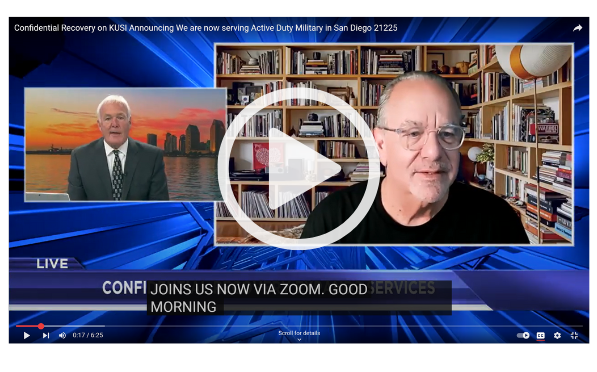Scott Silverman’s podcast co-host, Michael Glenn Moore, hosts his own semi-monthly podcast, called In a City Like Yours. In his October 4, 2021 episode, he interviewed John Orlando, who gave insight into how death and loss can affect a young person.
John lost his father when he was eighteen years old. By that point, John’s dad was in his 60s and had made history as one of the first people in his region to receive an artificial heart valve in 1980. In the early 1990s, the valve began wearing out. The plan was for doctors to replace it again and for John’s father to have many more happy years with his family. Unfortunately, the replacement didn’t take. His father only lived for three more months, and those months were an emotional roller coaster.
A death like that can change the entire family dynamic, and it can change a person’s outlook on life.
John’s family grew closer. He became more determined to follow in his dad’s footsteps and live life to the fullest–but not everyone manages to handle that type of emotional trauma with such grace.
The connection between death and loss and addiction comes down to something we’ve discussed before: coping.
We saw it with Bret Boone, who used alcohol to cope with his high-pressure career as a professional baseball player. Jonathan Winnefeld overdosed and died on his sixth day of college after a long battle with addiction that began with an attempt to self-medicate for anxiety and depression. First responders and veterans know what it’s like to face death daily, and that’s why they are some of the groups most at risk for substance use disorder.
Grief changes a person. The pain that comes with losing someone close can cause physical torment. Of course, the person suffering will look for a way to cope. Will they choose the method that requires a phone call, human interaction, and reliving their pain—or will they choose the quick fix in the medicine cabinet?
For many, the answer is the quick fix.
According to an article by WebMD, there are two types of grief: normal and complicated. Normal grief allows room for happy moments, while complicated grief is pervasive and won’t go away on its own.
Someone suffering from complicated grief needs therapy. Therapy comes with its own stigma, and no one likes asking for help, so people often try to fix their feelings themselves. Studies have shown that even over-the-counter painkillers can help ease the pain of a broken heart. It could start with a sedative, a glass of wine, or a joint just so the person can get some rest.
The trouble is, we like feeling good. We want to feel good all day. Why would we ever work through something so painful as death and loss when we could just take a pill and make it all go away?
With this in mind, it’s easy to see how the death of a loved one could pave the way for substance use disorder.
It would be nice if everyone grew closer with their family in the wake of a death, lived a good life, and honored their loved one’s memory like John did for his father. But for many, that just isn’t possible. Grief becomes all-consuming—and they’d do anything to make it stop.

If you are facing a situation with a loved one, spouse, or even a child that has started to spiral, please call me at 619-993-2738.
Scott is the Founder and CEO of Confidential Recovery, an drug counseling program for adults in San Diego.
About Scott H. Silverman: Scott has been fighting against addiction for over 20 years, one person, speech, and book at a time. You can buy a copy of his latest book “The Opioid Epidemic” here.
(c) 2022 Scott H Silverman. All Rights Reserved.






